To provide you with the best experience, cookies are used on this site. Find out more here.

To provide you with the best experience, cookies are used on this site. Find out more here.

Explore North Devon
Stay
What's On in North Devon

Welcome to the Itinerary Planner. Use this tool to build your own journey or choose from an exciting range of specially selected tours.
To build your own Itinerary, click  to add an item to your Itinerary basket.
to add an item to your Itinerary basket.

1st November 2019
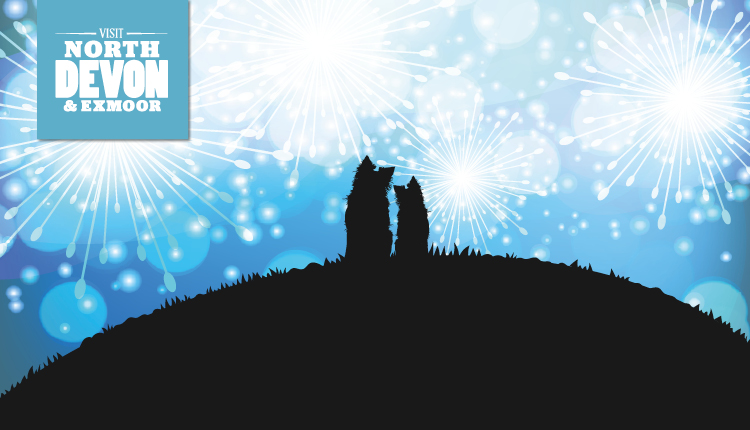
Bonfire Night is usually a fantastic evening here in North Devon. We always have plenty of spectacular firework displays planned, with hot food, drinks, and other entertainment to bring the community together.
However, for animals, this can be a really stressful evening. It’s no surprise; animals have a much more heightened, sensitive sense of hearing, and the bangs of fireworks are hardly comforting. In addition, while we understand that the noise is linked to local celebration and is totally safe, our pets and local wildlife don’t - to them, it’s simply a sign of danger.
While many organisations are now taking steps to prevent harm to wildlife during Bonfire Night displays, there are things that we can all do to ensure that our pets and other animals are kept safe and calm during fireworks.
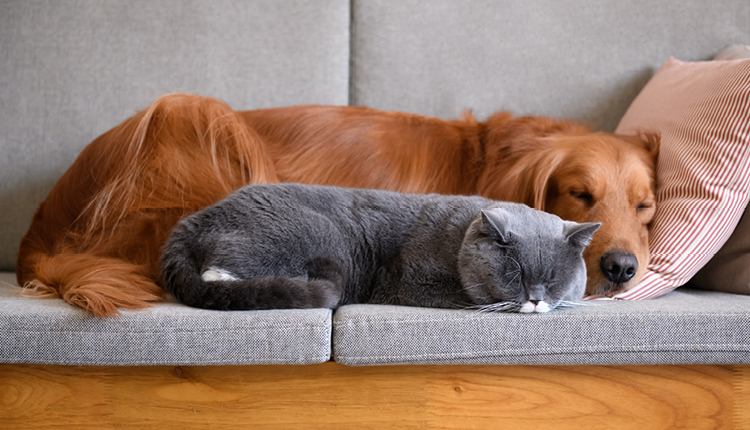 If you’re a pet owner, you’re probably well acquainted with the problems brought by Bonfire Night - but luckily, there are plenty of ways to recognise distress in your pets both big and small, and things that you can do to ease their anxiety.
If you’re a pet owner, you’re probably well acquainted with the problems brought by Bonfire Night - but luckily, there are plenty of ways to recognise distress in your pets both big and small, and things that you can do to ease their anxiety.
According to the RSPCA, around 62% of dogs show signs of distress during fireworks. Common signs include excessive barking, drooling or panting, trembling, shaking, pacing, becoming more clingy than usual with owners, refusing food, cowering behind objects or going to the toilet in the house. All dogs are different, so look out for any behaviour that is out of the ordinary.
Similarly, cats react in different ways when they’re afraid. While some will hide or cower behind furniture, others may freeze in place or run away to try and escape from the noise. They can often become uncharacteristically aggressive by spitting, hissing, growling, arching their backs, or even scratching and biting.
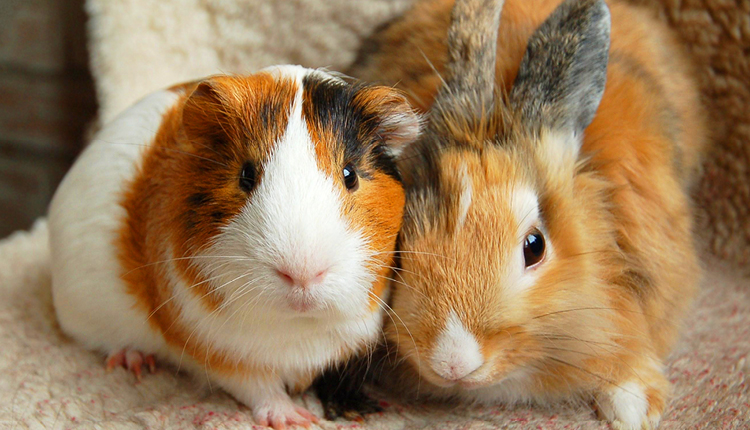
Don’t forget that smaller pets, like rabbits or guinea pigs, also experience anxiety and could get distressed during the fireworks.
If possible, bring them indoors by moving their hutch or pen into a shed or something similar. If you can’t do this, try covering part of the hutch with a blanket - not the whole thing though. Your pet will need to be able to breathe and it’s good for them to be able to look outside if they want to. Place extra bedding so that your pet can burrow away or hide if they want to.
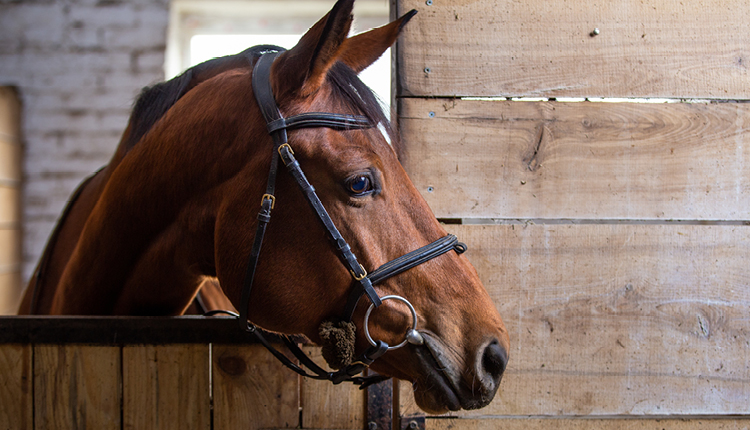
Horses get scared of fireworks too. If any displays are going on nearby, make the organisers aware - they may be able to ensure that the fireworks are set off in the opposite direction, or for future displays, could reconsider the location if they know well enough in advance that horses or farm animals live nearby.
Maintaining your horse’s normal routine and keeping them within their usual environment is often the best way to keep them feeling secure rather than spooked, as is keeping them with their usual companions. If they are usually out in the fields, as long as it’s safe to do so, let them stay there, and vice versa if they’re usually stabled. Take precautions and check that the stables or fencing areas are not broken, and there isn’t anything that could cause them harm if they do become startled.
Similarly to house pets, leaving a radio on can mask the noise and create a great distraction. Where possible, stay with your horse when you know fireworks are going off, or ensure that someone else who is experienced is around. Do however take precautions to ensure your own safety should your horse become spooked, as startled horses can become dangerous.
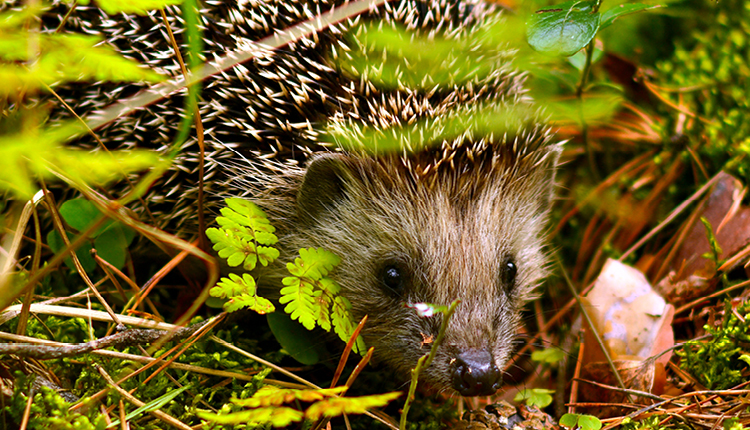
It’s not just your own pets at home that need looking after on Bonfire Night - we all need to be doing our bit to protect the local wildlife too.
Bonfires themselves make tempting homes for hedgehogs who are looking for somewhere cosy to rest up for the winter months. But they’re not the only ones - toads, newts and frogs are also known to curl up in bonfires, so it’s really important to keep checking to ensure none of these little critters have stumbled in.
Take a good look with a torch just before you light the bonfire, and if you find any, gently remove them and place them somewhere safe that’s far away from the bonfire. It’s a great idea to create alternative shelter a safe distance away with little piles of logs and leaves, this will hopefully divert wildlife away from the bonfire in the first place. If you have any spare wood or leaves, don’t burn it - leave it to become a habitat for wildlife in the future!
Wherever possible, build your bonfire on the same day you plan to light it, so that there is less time for animals to inhabit it. Fireworks should be lit in open spaces away from trees or hedges to avoid disturbing wildlife.
After the display, please ensure the bonfire is completely out, and doesn’t have any lit ash - this can stay hot for days and cause harm to wildlife long after you and your guests have left. It’s also important to pick up the debris from your fireworks to avoid pollution, which can trap wildlife if left abandoned. If you’re attending a community display, don’t litter - take any food packaging or empty cans and bottles away with you.
We’d always recommend attending a community firework display, rather than hosting your own. These are often much safer for wildlife, and pet owners and farmers will have had enough notice to be able to prepare themselves and their pets. We’ve got a whole host going on this year in North Devon, and you can find them right over here.
Remember, Bonfire Night is great fun for everyone, but we can all do our bit to make the night a little bit safer for animals and the environment. Whatever your plans are, have a fantastic time, and let us know what your plans are over on our Facebook, Twitter and Instagram pages!
© Visit Devon Community Interest Company